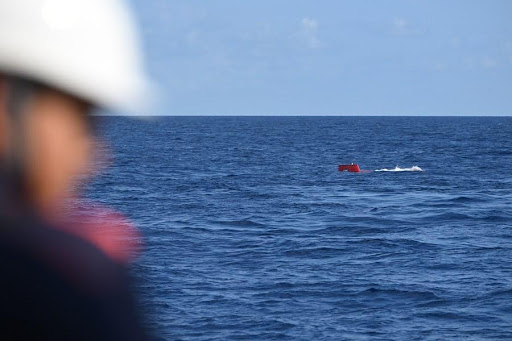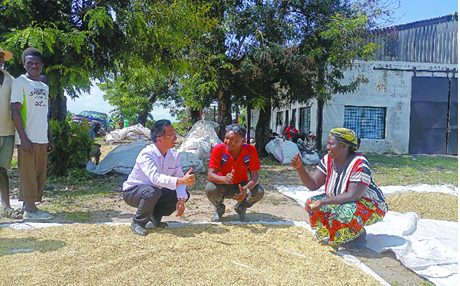CPEC will focus on green development, strengthen Pakistan’s status, experts say
After 10 years of fruitful results, the China-Pakistan Economic Corridor is expected to be more productive and beneficial for the people of both Pakistan and China in the next stage, experts said.
Zamir Ahmed Awan, founding chair of Global Silk Route Research Alliance and a nonresident fellow at the Beijing-based Center for China and Globalization, said the upcoming decade holds brighter prospects for high-quality BRI cooperation, outlining new key areas and directions for the second phase of the CPEC.
“Innovation, digital economy and green development will be important. The CPEC focuses on green and digital development, as well as the stability and sustainability of supply chains, which will further strengthen the regional as well as global status of Pakistan in the next decade,” he said.
Launched in 2013, CPEC is a flagship project under the Belt and Road Initiative proposed by China. It connects Pakistan’s southwest Gwadar port with Kashgar in Northwest China’s Xinjiang Uygur autonomous region, with a focus on energy, transport, and industrial cooperation.
On July 31, Pakistan and China agreed to expand and accelerate the construction of the CPEC. The second phase of the CPEC will focus more on agriculture, science and technology, personnel training, innovation, health, and education to enhance the “soft power” of Pakistan, according to official documents.
Building upon the achievements and experience of the last decade, experts expect the second phase of the CPEC to inject new momentum into Pakistan’s economic development and that of the entire region.
Awan highlighted that China’s extensive experience in digital infrastructure construction, digital development and a huge number of digitalized industries will open a window of opportunity for Pakistan.
“Therefore, deepening bilateral collaboration with China under the CPEC will provide significant impetus to the operations of industrial and supply chains,” he said.
Shakeel Ahmad Ramay, CEO of the Asian Institute of Eco-civilization Research and Development in Pakistan, said the CPEC will further improve connectivity in the South Asian country.
“With the help of the project, Pakistan has effectively utilized the advantages of the Gwadar port, transforming itself into a regional connectivity hub,” he said.
Enhancing connectivity
Ramay said Pakistan has signed agreements with Central Asian countries to maximize the benefits of the Gwadar port and the Gwadar airport. Additionally, Pakistan, Afghanistan, and Uzbekistan have agreed to build a railway linking Gwadar to enhance regional connectivity.
He believes that Pakistan and China should collaborate to create a model of green development under CPEC cooperation, which will help other countries understand the concept of a green BRI and green development.
Both experts said the CPEC and other projects of the BRI are designed for global developments, resulting in economic prosperity, peace, and harmony among nations worldwide.
“China has helped build hydropower projects and wind farms across Pakistan, which boost the sustainable development of Pakistan’s economy and save our environment,” Ramay said.
“Pakistan, being the closest friend and strategic partner of China, is among the first countries that joined the BRI, and the CPEC has become the ‘flagship project of BRI’,” he said.
Awan, a veteran diplomat who once worked in China, lauded the CPEC for making significant contributions, including over 2,500 kilometers of motorways to Pakistan’s transportation network and 10,000 megawatts of power generation capacity to the national grid.
“It has contributed to reducing poverty and improving the national GDP and also benefited agriculture, industry and health sectors in Pakistan,” he said.
The analyst spoke highly of the friendship between Pakistan and China and expressed confidence in the two countries joining forces to achieve “national rejuvenation” in the future.
“China has become the largest supporter of Pakistan in its journey of growth and development. CPEC is a catalyst for Pakistan’s economic takeoff,” he said.












